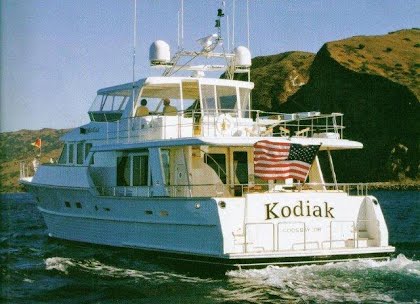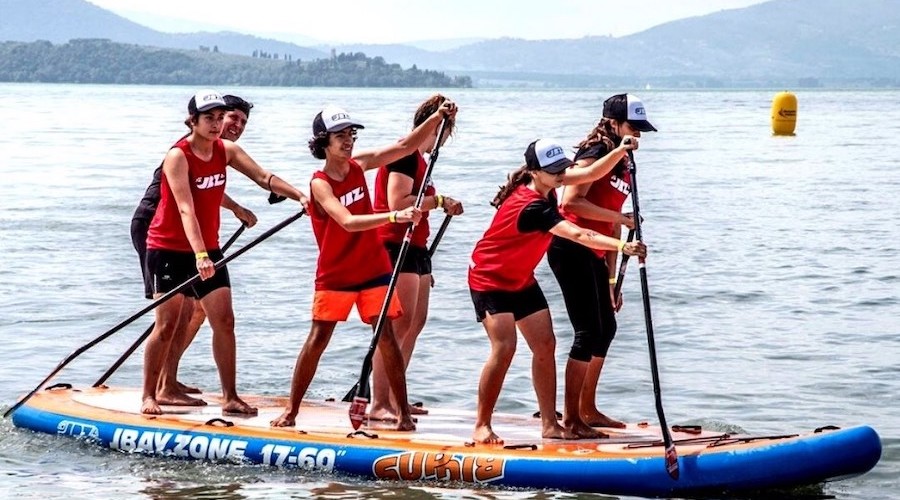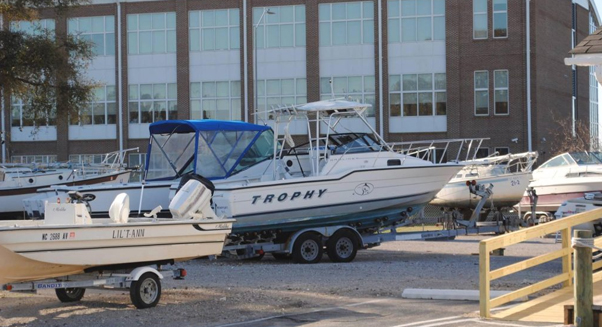Boating is a great way to relax and explore the outdoors. Whether you’re looking for…
Uncover the Secrets of Boat Plumbing for Smooth Sailing
Uncover the Secrets of Boat Plumbing for Smooth Sailing
Boating is a popular activity for those looking to relax and explore the great outdoors. But while the open seas may seem like a peaceful paradise, boat owners know there’s a lot of work that goes into keeping a boat in good condition. One of the most important aspects of boat maintenance is boat plumbing: the pipes, pumps, and hoses that keep your boat running smoothly.
What is Boat Plumbing?
Boat plumbing is the network of pipes, pumps, and hoses that help keep a boat afloat and running. It facilitates the movement of water within the boat, including both fresh and saltwater, and is essential for the smooth operation of a boat.
Boat plumbing can be divided into two main categories: sanitation and water systems. Sanitation systems are those that are responsible for collecting, treating, and disposing of waste from the boat. Water systems, on the other hand, provide the boat with fresh water for drinking, cooking, and cleaning.
Common Boat Plumbing Components
The components of a boat plumbing system can vary depending on the size and type of boat, but there are some common elements that all boats will need. Here are some of the most important components of a boat plumbing system:
Pumps: Pumps are used to move water around the boat, both fresh and saltwater. This includes pumps for the bilge, the toilet, and the shower.
Pipes: Pipes are used to connect the various components of the boat’s plumbing system. They are often made of plastic, copper, or stainless steel.
Hoses: Hoses are used to connect the pipes and pumps to the boat’s other systems.
Valves: Valves are used to control the flow of water in the boat’s plumbing system.
Fittings: Fittings are used to connect the pipes, pumps, and hoses.
Maintenance and Troubleshooting
The key to keeping a boat plumbing system in good working order is regular maintenance. This includes flushing the system periodically, inspecting the pipes and hoses for signs of wear and tear, and replacing any worn or broken components.
It’s also important to be aware of common boat plumbing problems and how to troubleshoot them. Common problems include clogged pipes and hoses, leaking fittings, and faulty pumps.
Tips for Boat Plumbing
Use High-Quality Parts: When replacing plumbing components, it’s important to use high-quality parts. Low-quality parts can break easily, leading to costly repairs or even water damage.
Keep It Clean: Regularly inspect and clean the boat’s plumbing system to ensure it’s in good working order. This includes flushing the system and cleaning any debris from the pipes and hoses.
Know Your System: Familiarize yourself with your boat’s plumbing system so you can quickly identify and address any problems that may arise.
Conclusion
Boat plumbing is an essential part of boat maintenance. Knowing the basics of boat plumbing can help you keep your boat in good working order and ensure smooth sailing. Be sure to use high-quality parts, keep the system clean, and familiarize yourself with the plumbing components of your boat. With these tips, you can enjoy worry-free boating for years to come.




